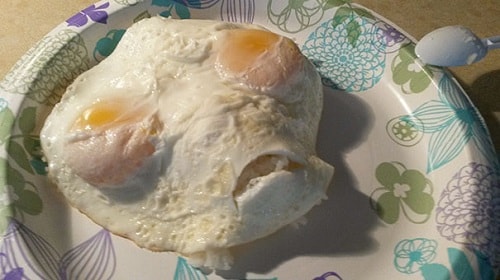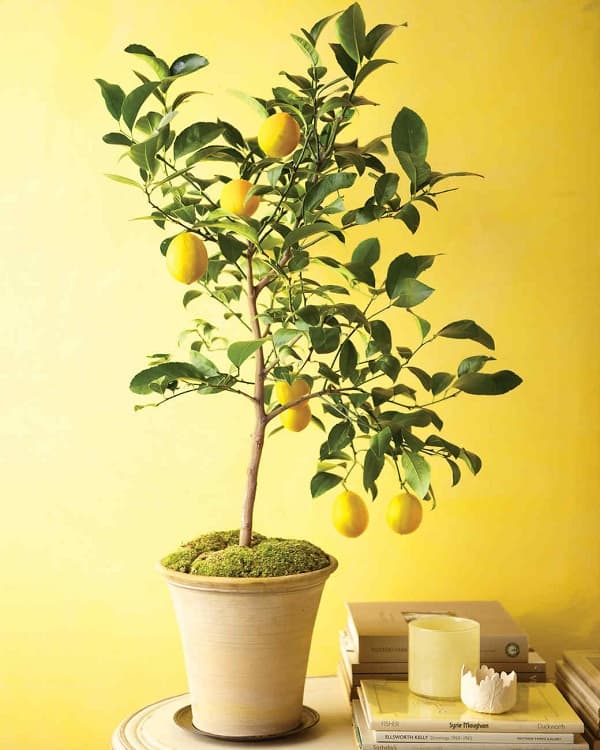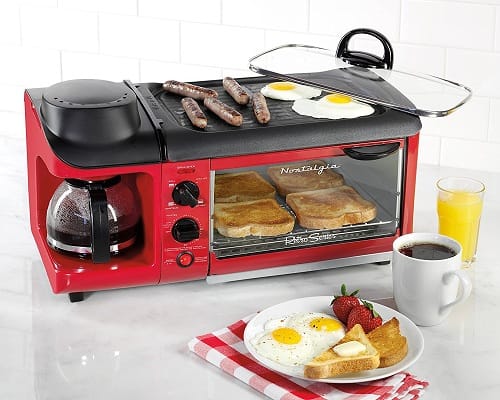Glass kitchenware is a type of cookware or bakeware that is made from tempered glass. It is commonly used in the kitchen for cooking, baking, and serving food. Glass kitchenware is popular because it is versatile, easy to clean, and can be used for a variety of purposes.
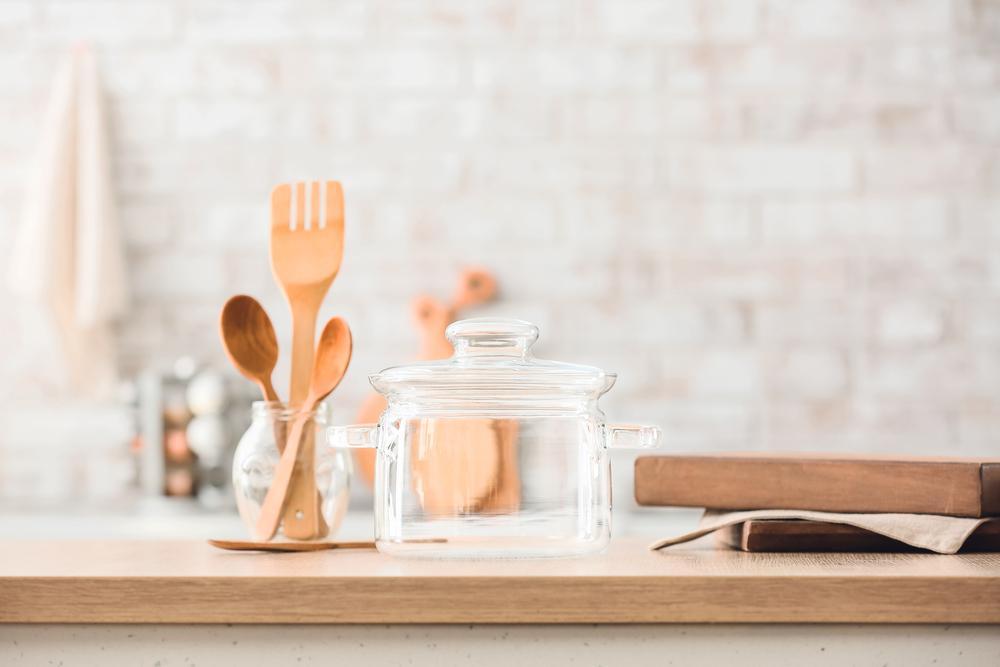
Glass kitchenware is a popular choice because it is durable, easy to clean, and can be used for a variety of purposes. It is important to note that not all glassware is oven-safe, so it is important to check the manufacturer’s instructions before using it in the oven. Additionally, glass should be handled with care to avoid breakage or injury.
(We would also recommend: How to Enhance Exterior Design | 5 Tricks You Should Know)
To make sure that your glass cook or kitchenware is oven-friendly, we will tell you a few ways how to check if they are oven-friendly.
How to Check if Glass is Oven-Safe
Glass Cookware
Glass cookware is popular because it is non-reactive, which means that it does not react with acidic foods or alter the flavor of the food. It is also easy to clean and maintain. It is important to note that not all glassware is oven-safe, so it is important to check the manufacturer’s instructions before using it in the oven. Additionally, glass should be handled with care to avoid breakage or injury.
Some examples of glass cookware include:
- Glass saucepans: These are used for heating liquids such as soups, sauces, and gravies. They are usually designed with a lid and a handle.
- Glass frying pans: These are used for cooking foods such as eggs, pancakes, and stir-fried dishes. They are usually designed with a non-stick coating and a handle.
- Glass casserole dishes: These are used for baking dishes such as lasagnas, casseroles, and roasted vegetables. They are usually designed with a lid and handles.
- Glass baking dishes: These are used for baking bread, cakes, and other baked goods. They are usually designed in various shapes and sizes.
- Glass roasting pans: These are used for roasting meats such as chicken, turkey, and beef. They are usually designed with a lid and handles.
Benefit and Disadvantage
There are several benefits to using glass cookware in the kitchen:
- Non-reactive: Glass is non-reactive, which means that it will not react with acidic foods or alter the flavor of the food. This makes it an excellent choice for cooking and baking a wide variety of foods.
- Versatile: Glass cookware can be used for cooking on the stove or in the oven. It can also be used for serving food at the table, which makes it a versatile choice for any kitchen.
- Easy to clean: Glass cookware is easy to clean and maintain. It can be washed in the dishwasher or by hand with warm, soapy water.
- Aesthetic appeal: Glass cookware is often aesthetically pleasing and can be used for presentation purposes. It can also add a touch of elegance to the table.
- Durable: Glass cookware is durable and can withstand high temperatures. It is also resistant to scratches and chips.
- Even heating: Glass cookware provides even heating, which helps to prevent hot spots and ensures that food cooks evenly.
While glass cookware has many advantages, it also has some disadvantages. Here are a few to consider:
- Can break or shatter: Glass cookware can break or shatter if exposed to sudden temperature changes or if dropped. This can be dangerous, as broken glass can cause injury.
- Not suitable for all cooking methods: Glass cookware is not suitable for all cooking methods. For example, it is not recommended for use on the stovetop or under a broiler.
- Can be heavy and bulky: Glass cookware can be heavy and bulky, which can make it difficult to handle and store.
- Can be expensive: High-quality glass cookware can be expensive, especially when compared to other types of cookware such as aluminum or stainless steel.
- Not dishwasher safe: Some glass cookware may not be dishwasher safe, which can be inconvenient for those who prefer to use a dishwasher for cleaning.
Despite these disadvantages, glass cookware can still be a great addition to your kitchen. By being aware of these drawbacks and using glass cookware safely and properly, you can enjoy its benefits while minimizing the risks.
(We would also recommend: 8 Tips On How to Prepare Swimming Pool for Summer)
How to Check If the Glass is Oven-safe
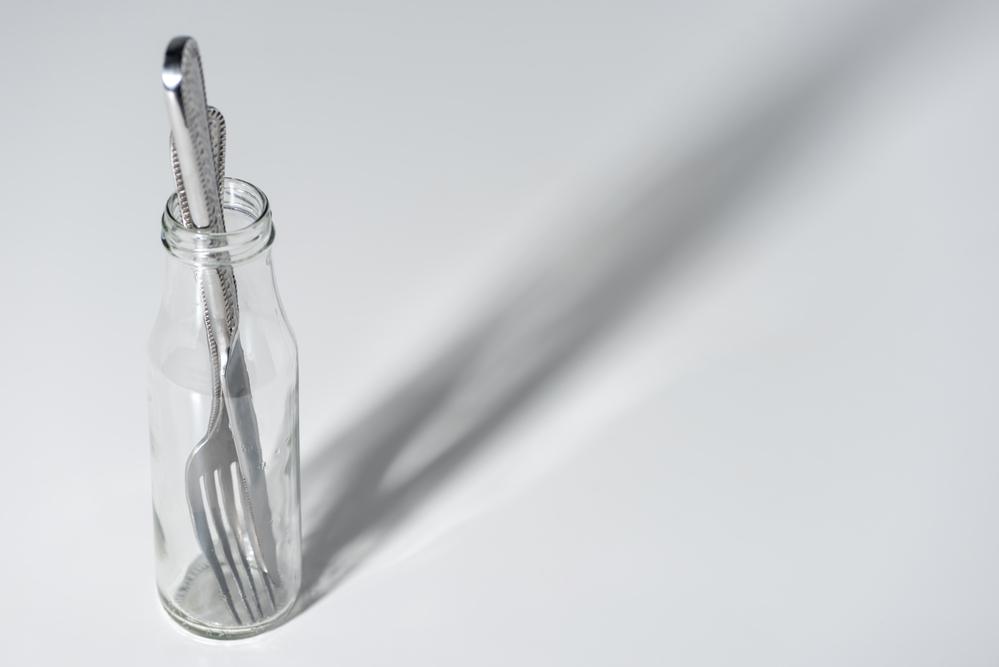
To check if the glass is oven-safe, you should first look for any manufacturer labeling or information that came with the glassware. This information can usually be found on the packaging or on a sticker or stamp on the bottom of the glass.
If there is no labeling or information available, you can perform a simple test to determine if the glass is oven-safe. Here are the steps:
- Preheat your oven to 350°F (180°C).
- Fill a glass measuring cup or other glass containers with cold water.
- Place the glass container in the preheated oven and let it sit for 10 minutes.
- After 10 minutes, remove the glass container from the oven and carefully inspect it for any cracks or signs of damage.
- If the glass container appears to be undamaged, carefully touch the outside of the glass to check for any hot spots or areas that may have become too hot to touch.
- If the glass container remains undamaged and cool to the touch, it is likely oven-safe.
- Look for temperature recommendations: Check the manufacturer’s instructions for temperature recommendations. Glass cookware that is oven-safe will typically be able to withstand temperatures up to 400-450°F (204-232°C) or higher.
- Check for markings: Look for markings on the glass that indicate it is oven-safe. These may include phrases such as “oven-safe,” “heat-resistant,” or “thermal shock-resistant.”
- Check the packaging: Look for labeling on the packaging that indicates the glass is oven-safe. The packaging may also provide temperature recommendations.
- Conduct a test: If you are unsure if your glass cookware is oven-safe, conduct a test before using it in the oven. Place the glass dish in a cold oven and gradually heat the oven to the desired temperature. If the dish remains intact, it is likely oven-safe.
- Avoid sudden temperature changes: Avoid exposing glass cookware to sudden temperature changes, such as transferring it from the refrigerator to the oven or from the oven to the countertop. This can cause the glass to crack or shatter, even if it is oven-safe.
- Choose high-quality glass: When purchasing glass cookware, choose high-quality tempered glass that is specifically designed for use in the oven. Lower quality glass may not be able to withstand the high temperatures of the oven.
It is important to note that not all glassware is oven-safe, so it is always best to consult the manufacturer’s instructions or perform a test before using glassware in the oven. Additionally, rapid temperature changes can cause the glass to break, so it is important to avoid exposing glass to sudden temperature changes, such as moving it directly from the freezer to a hot oven.
(We would also recommend: How to Keep Small Bathroom Stays Organized in 10 Ways)
Glass Cookware Usage Tips
Here are some tips for using glass cookware in the kitchen:
- Read the instructions: Before using your glass cookware, read the manufacturer’s instructions carefully to ensure that you are using it correctly and safely.
- Preheat slowly: When using glass cookware in the oven, it is important to preheat it slowly to prevent it from cracking due to sudden temperature changes.
- Use oven mitts: Always use oven mitts or potholders when handling hot glass cookware to prevent burns.
- Avoid sudden temperature changes: Avoid exposing glass cookware to sudden temperature changes, such as transferring it from the refrigerator to the oven or from the oven to the countertop. This can cause the glass to crack or shatter.
- Do not use on direct heat: Glass cookware should not be used on direct heat sources such as a stovetop or grill. It is designed for use in the oven or microwave.
- Avoid metal utensils: Avoid using metal utensils when cooking with glass cookware as they can scratch the surface of the glass. Instead, use wooden or silicone utensils.
- Let it cool down: Allow your glass cookware to cool down before washing it with cold water. Rapid temperature changes can cause the glass to crack.
- Avoid drastic temperature changes: To prevent your glass cookware from cracking or shattering, avoid exposing it to drastic temperature changes. For example, do not put cold glassware straight into a hot oven, or take hot glassware out of the oven and put it on a cold countertop. Instead, let the glassware cool down or warm up gradually.
- Use a baking sheet: When using glass cookware in the oven, it is a good idea to place it on a baking sheet. This can help to prevent the bottom of the dish from getting too hot and cracking.
- Don’t use it on the stovetop: Glass cookware is not designed to be used on a stovetop, so avoid using it in this way. Instead, use it in the oven or microwave.
- Avoid using harsh detergents: Glass cookware can be easily scratched, so avoid using harsh detergents or abrasive sponges when cleaning it. Instead, use a soft sponge or cloth and a mild detergent.
- Don’t put hot glassware in cold water: Putting hot glassware in cold water can cause it to crack or shatter. Let the glassware cool down before washing it with cool or warm water.
- Don’t stack hot glassware: Avoid stacking hot glass cookware on top of each other, as this can cause them to stick together and potentially shatter when separated.
- Check for scratches and cracks: Before using glass cookware, check for any scratches or cracks. Even small scratches or cracks can cause the glass to break when exposed to high temperatures.
By following these tips, you can safely and effectively use glass cookware in your kitchen.
(We would also recommend: 6 Tips On How to Create Minimalist Living Rooms)
Overall, glass cookware is a versatile and convenient option for cooking and baking in the kitchen. It has many benefits, including being non-reactive, easy to clean, and able to retain heat well. However, it is important to use glass cookware safely and effectively to prevent cracking or shattering.
To ensure that your glass cookware is oven-safe, check the manufacturer’s instructions, look for temperature recommendations and markings, and conduct a test if necessary. When using glass cookware, avoid sudden temperature changes, use oven mitts, and avoid using metal utensils. With proper care and usage, glass cookware can be a valuable addition to any kitchen.
